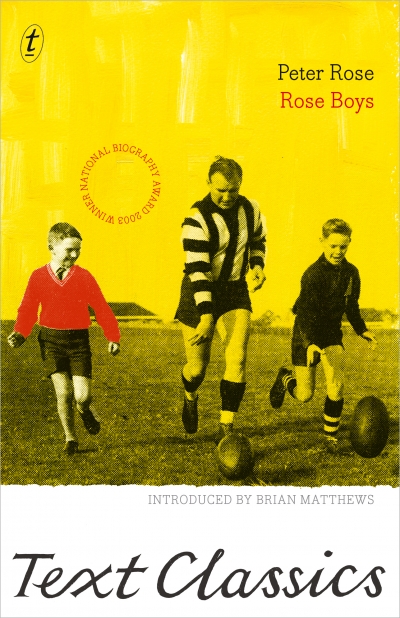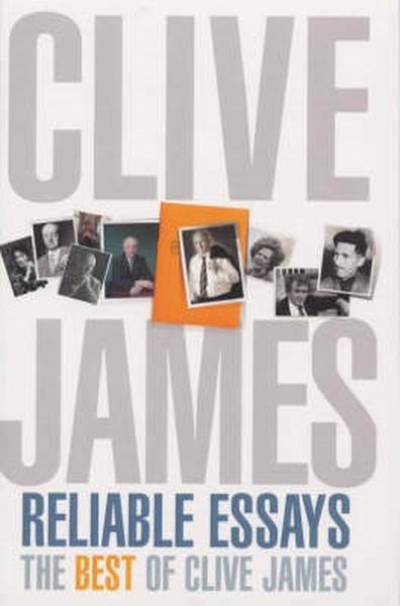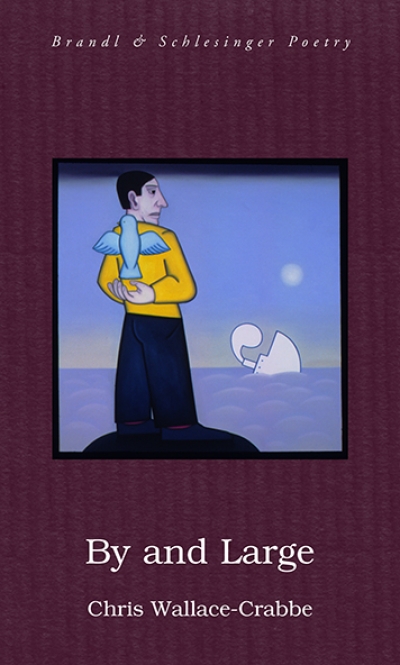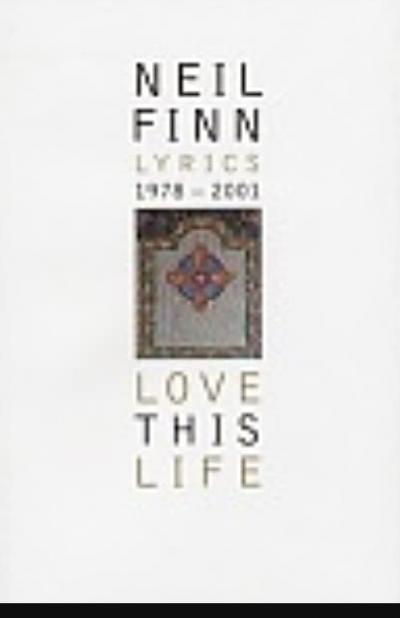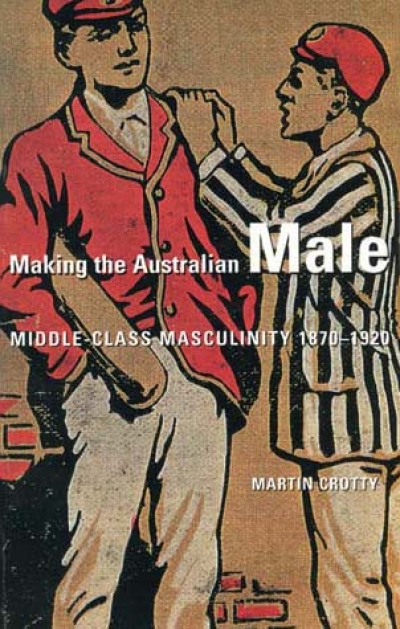Archive
Travelling to the Association for the Study of Australian Literature (ASAL) conference on the morning tram, I marvel at Melbourne’s sophistication and self-regard. In Swanston Street, new sculptures honour John Brack’s satire of Melbourne’s regimented workers, while in front of the State Library there’s a classical portal half buried in the pavement, as if the ancient world lies below. At the Trades Hall in Carlton, the framed wall directory is ‘Heritage Only’, so I follow the photocopied paper arrows to the conference venue. There’s more historical self-consciousness here than in the new National Museum in Canberra. Banners assert the importance of eight hours’ work, recreation and rest, and there is a massive socialist realist representation of good Australian workers toiling to keep the country alive. We’re in the sacred place of the Left: Frank Hardy, Stephen Murray-Smith, Judah Waten surely haunt us here.
... (read more)Of all major South-East Asian nations, the Philippines is least known in Australia, and rarely studied, even in our universities. The material and historical differences between the two countries seem to have blinded us to the interests our two countries share. Australia did not support the long Filipino struggle for independence, as with Indonesia’s, nor actively oppose it, as with Vietnam’s. Nonetheless, both countries were part of SEATO and supported US involvement in Indo-China. Within ASEAN, the Philippines has often been the country most sympathetic to greater links with Australia, and the Philippines is regarded as a high-priority country for development assistance by Ausaid.
... (read more)Attending a poetry festival is not normally considered a life-threatening event (not even if you are prone to deep vein thrombosis from constant sitting) but when I told my family I was going to Struga, I was greeted by worried looks and expressions of deep concern. Struga is in the Republic of Macedonia. Just days before, Macedonian hotheads had set fire to a mosque in Prilip (not that far from Struga) in revenge for the death of a Prilip policeman in a road-mine explosion planted by Albanian terrorists. The hair-trigger tensions in that country were clearly dangerous, and possibly escalating.
... (read more)

